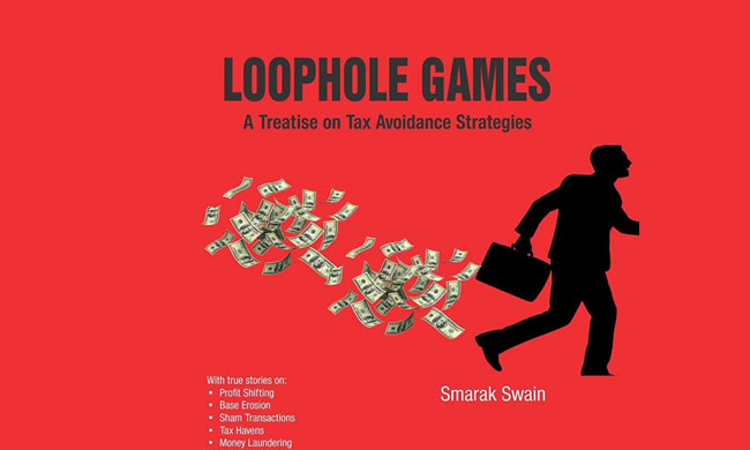- Home
- /
- Book Reviews
- /
- The Many Symptoms Of Tax-Efficient...
The Many Symptoms Of Tax-Efficient Behaviours
Sougata Basu
10 May 2019 9:56 PM IST
Taxes are a big levy on regular income of a person, or a corporate body. But tax burden on salaried individuals and big corporates are vastly different. An off-hand number crunching tells us how taxes take away most of what we make from our sweat and intelligence. For instance, in India you have to pay Rs. 30 as income tax on an income of Rs. 100 (assuming you are in the highest...
Next Story



